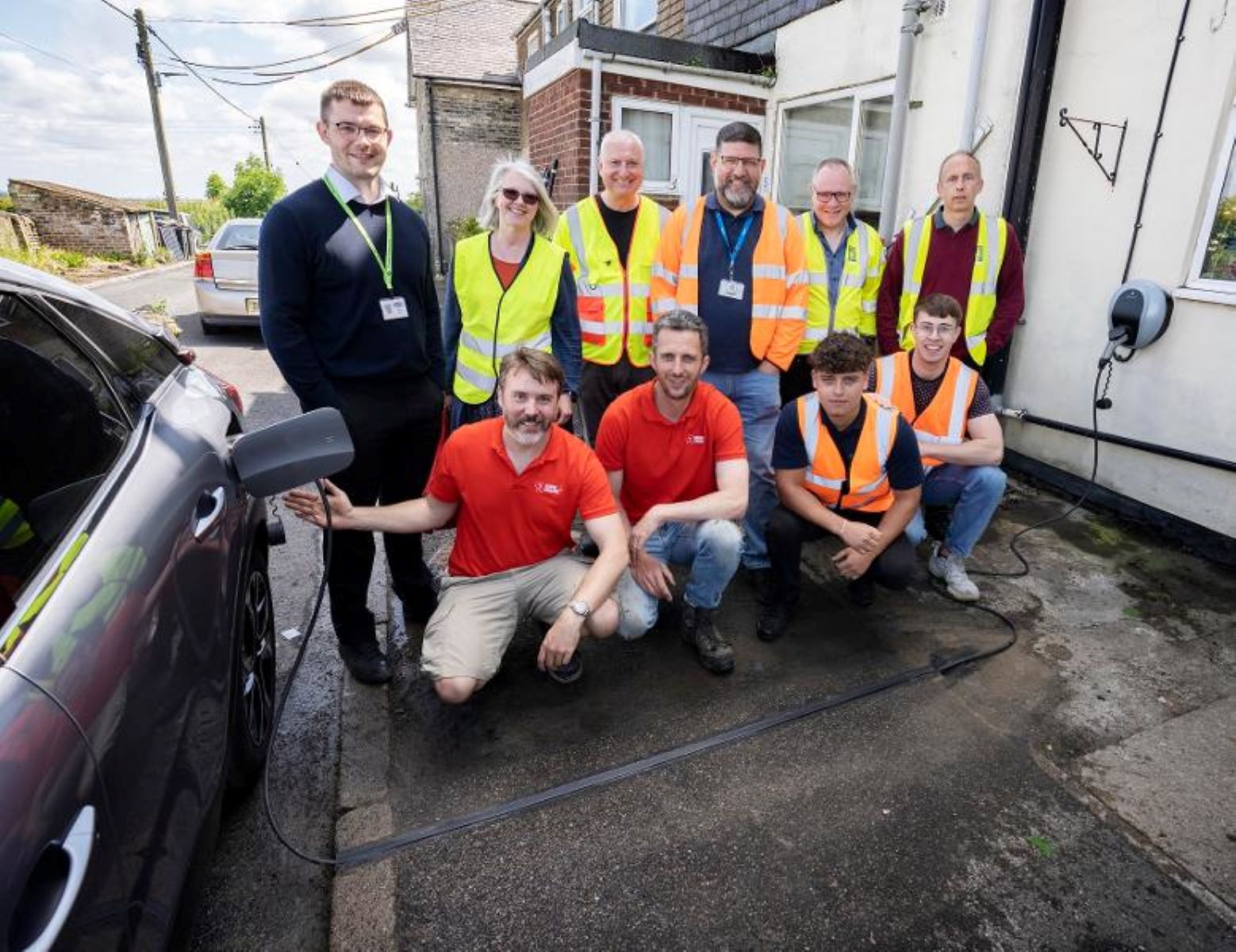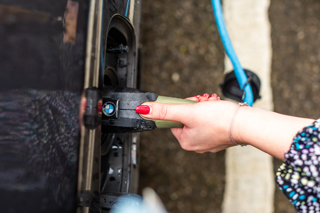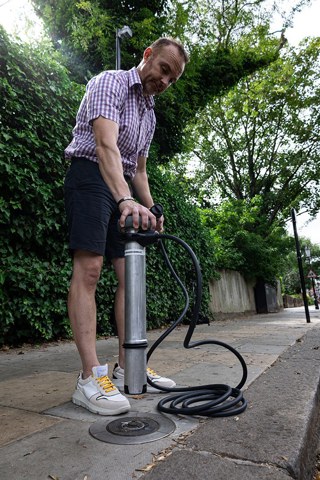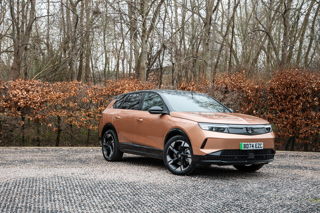Vauxhall is launching an initiative to help increase the availability of residential on-street public charge points after research showed the majority of councils do not have plans in place.
More than two-thirds (69%) of local authorities have yet to install any on-street chargers, while almost three-quarters (71.6%) do not have a published strategy for residential on-street charging for electric vehicles (EVs), according to a Freedom of Information (FOI) request.
On-street charging provision helps residents without off-street parking to conveniently charge their EVs.
An estimated four-in-10 company owned electric vans are also charged at home by employees, so the widespread availability of charge points will enable van drivers to top up both at home and, as destination chargers, when they are attending residential jobs.
According to the 289 councils out of 414 which provided data up to July 1, some 14,188 new charge points are planned for installation this year.
In an attempt to help councils formulate plans, Vauxhall has teamed up with charge point operators to launch ‘Electric Streets of Britain’.
Working with Chargy, Connected Kerb and SureCharge, the manufacturer has set up an ‘Enablement Fund’ to help councils understand the scale of on-street charging issues, and the solutions available.
It will be used, for example, to fund awareness campaigns at a local level through community events organised by the charge point operators.
Furthermore, Vauxhall has set up a new national database for the public to register their charging needs, enabling councils to have a better understanding of where demand really lies for on-street charging for both existing and potential EV drivers.
The Association of Fleet Professionals (AFP) launched a similar initiative last year, showing the kerbside charging need of fleets.
James Taylor, managing director of Vauxhall, said: “Accessibility to charge points near your home is critical to the transition to electric vehicle ownership in the UK.
“We want to galvanise the needs and interests of everyone, from the public to the councils and the charging operators to make sure that anyone without a driveway is part of that journey.
“We want to help educate and inform the decision-makers, and enable the installation of more chargers, more quickly.”
With 12,708 residential on-street residential charge points installed to date and a further 6,397 planned to be installed over the next year, London will soon be home to 19,105 on-street charge points – more than double the number of on-street charge points available across all other regions of the UK combined, says Vauxhall.
Of the councils who responded to the FOI, 45% confirmed they had no plans to install residential on-street chargers this year.
Asif Ghafoor, CEO and co-founder of Be.EV, which is not involved in the Vauxhall initiative, believes that while public money has been allocated to improve charge networks, it's sitting unspent because of bureaucracy and a lack of understanding from local authorities.
He said: “Up and down the country you have more than 400 local authorities who have been told to increase EV charge provision but many of them have no idea where to start.
“Nine times out of 10 once local authorities realise how complicated EV charging is they either file the report and do nothing or ignore it and turn a couple of hundred lamp posts into cheap and cheerful, very slow chargers.
“Many of these chargers end up broken or remain unused, and installing them is just a box checking exercise for local councils. In three years’ time we’ll be replacing them with faster models, or switching them off because they aren’t used. They’re not futureproof, they’re just clutter. Councils are wasting their time installing them.
“Instead, we should be equipping neighbourhoods with hubs of ultra-rapid chargers, servicing every home within a 10 minute walk. People can fit charging their EV into their lifestyle - while they’re at work, doing their groceries, dining out, or going to the cinema.
“If the Government is truly committed to mass electrification they should invest in our national grid infrastructure, prioritise reliable, convenient charging hubs for communities, and educate EV drivers in best practice and etiquette.”
Charging pilot to help EV drivers without off-road parking
One council which is looking to help EV drivers without off-street parking charge their vehicles is Durham County Council.
Thirty properties without off-street parking in County Durham have been chosen by the county council to take part in a pilot.

Installed by Kerbo Charge, a cable channel is cut into the pavement and covered with a flap to avoid being a trip hazard.
If the pilot is effective, the scheme will be offered to all residents in the county with a suitable property who will be given the option to pay towards the installation.























Login to comment
Comments
No comments have been made yet.